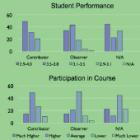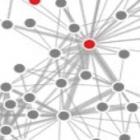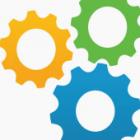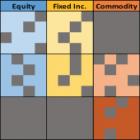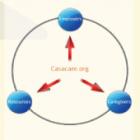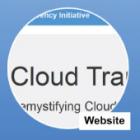
Automotive Shopper Consumer Segmentation
In the Automobile Industry, one of the major challenges faced by the dealers is to understand the priorities of the customers before purchasing a particular car. In the current Sci-Fi age this task is even more challenging as selling a car no longer depends on the inventory, nor price and reputation.
In this Capstone project, we are statistically mining consumer survey data and web warehouse data collected in last 3 years by Cobalt (a digital marketing company owned by ADP). The purpose is to better understand the needs of automotive shoppers at different stages in the car shopping process. In our analysis, we connected multiple data sources and built a statistical model that enables the dealers to categorize website visitors into different categories (like new car/used car) of shoppers based on their browsing behavior. The model has been rigorously analyzed and tested and it has proved extremely important and helpful in improving targeted marketing and advertising for Cobalt.


